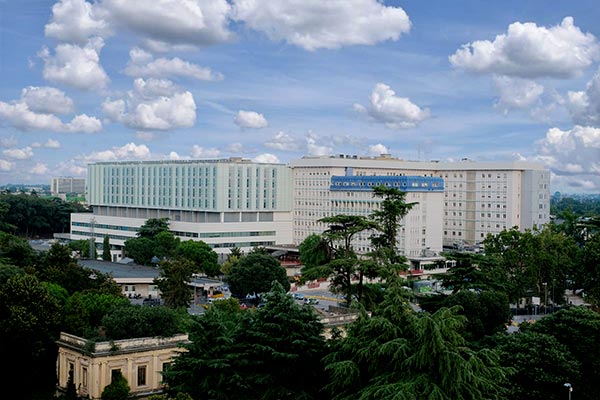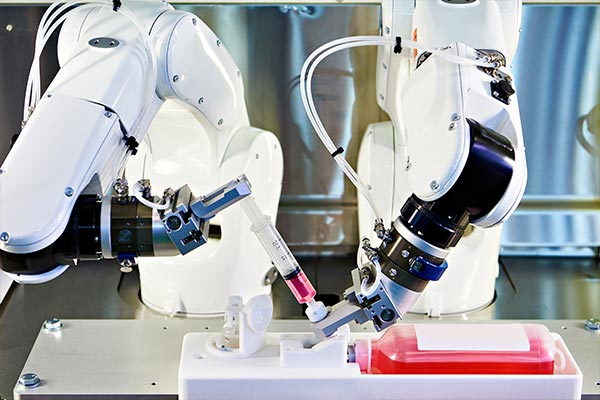- Dipartimento

Presentazione
Governance
Riferimenti
- Ricerca
- Didattica

Corsi di Studio
Dottorati, Master e Formazione superiore
- Territorio e società

Servizi per il territorio
Informazioni per il territorio
Riferimenti
- Persone
- contatti
-





